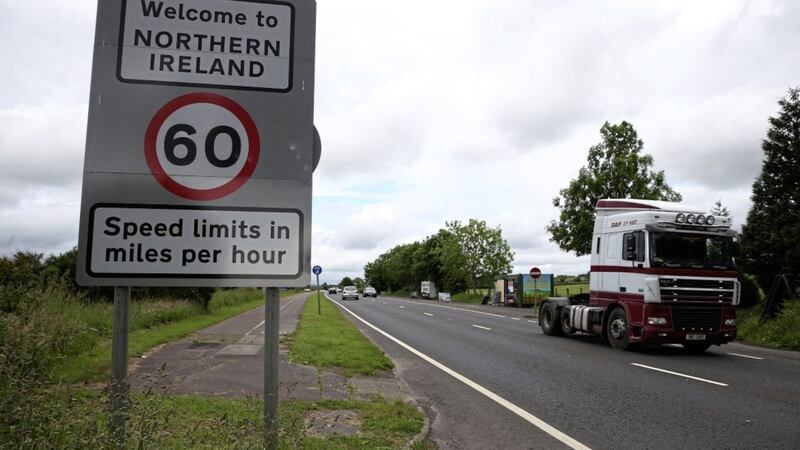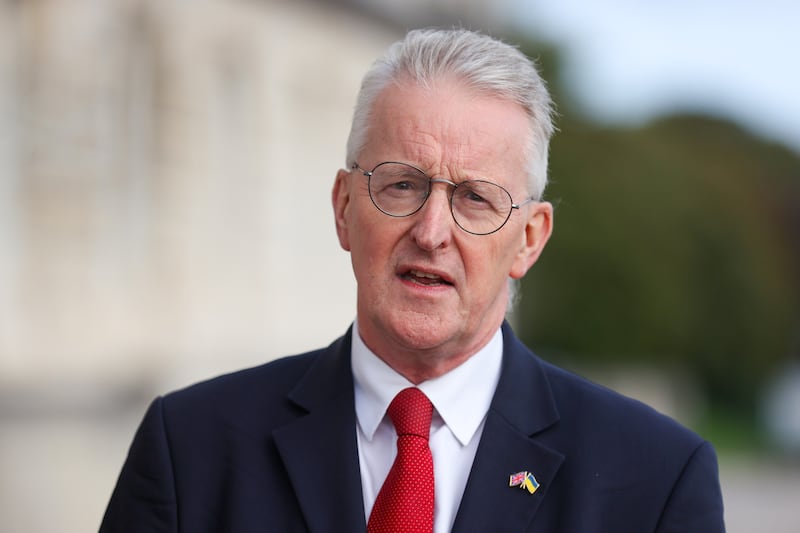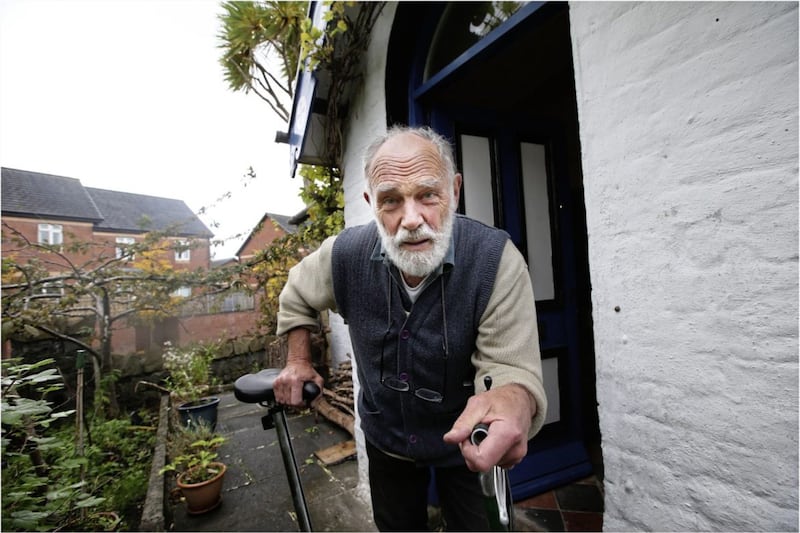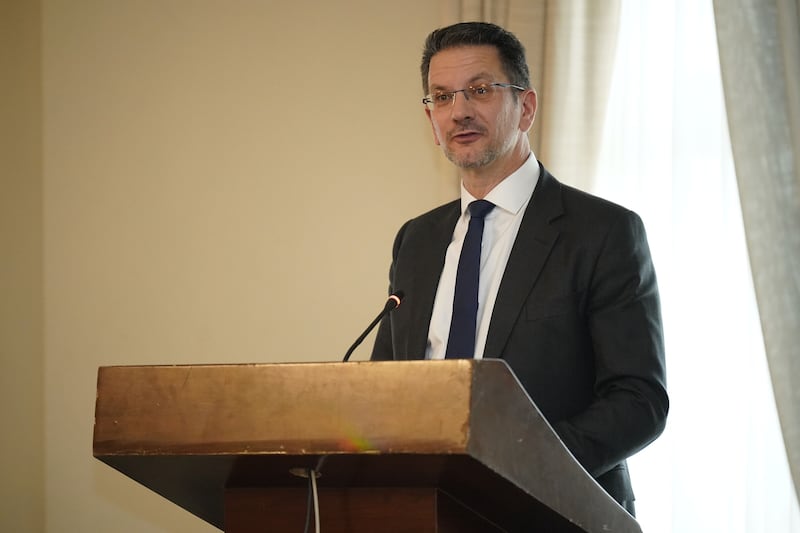A LEADING historian has dismissed claims that a border poll would be triggered if Stormont had a majority of MLAs who were in favour of a united Ireland.
A former British cabinet minister told a discussion on Brexit and Anglo-Irish relations that a border poll could not be called based on opinion polls alone.
"I believe a secretary of state would look not to an opinion poll but to an election in Northern Ireland, in which Stormont would return a majority of MLAs who supported the changing constitution status," he said.
The discussion was held under Chatham House rules which prevent speakers from being identified.
Historian and Irish News columnist Brian Feeney said in reality "no one knows" the criteria for a border poll.
And he said he "would not put any weight" on the opinion of an unidentified former minister.
"Professor Colin Harvey has written several times to the secretary of state to ask him what are the criteria (for a border poll)," he said.
"He's never got a very helpful reply.
"What they say is that they will look at a range of evidence before the secretary of state makes a decision.
"The secretary of state has complete discretion in the Good Friday Agreement.
"The fact of the matter is that it will be Downing Street in consultation with Dublin because it will be a political decision. It won't be 'oh there will be a majority in favour of a united Ireland in the assembly', or anything else for that matter, it will be a political decision."
Mr Feeney said the more important question is what will constitute a united Ireland.
He said opinion polls gauging support for Irish unity are "absolutely meaningless because what they're asking people to do is express a sentiment".
"No one knows what a united Ireland means," he said.
"You are not being asked do you want a united Ireland which is a federal Ireland, do you want one where your pension is secure or where there is an all-Ireland health service.
"No one knows what they are being asked to vote for."
Mr Feeney said the Irish government is "doing nothing" to prepare for the possibility of a united Ireland.
"If they were doing something they would have to be calling a citizen's assembly, working out what a united Ireland would look like and then presenting (their findings)," he said.
"That is what the Scottish National Party did 10 years ago before the referendum. They produced a book of 800 pages which answered all the questions of what happens to pensions, what happens to trade.
"When people voted in the referendum they knew what they were voting for and what they were voting against.
"Here, we have no idea and that's because the Irish government hasn't set out any kind of blueprint."








